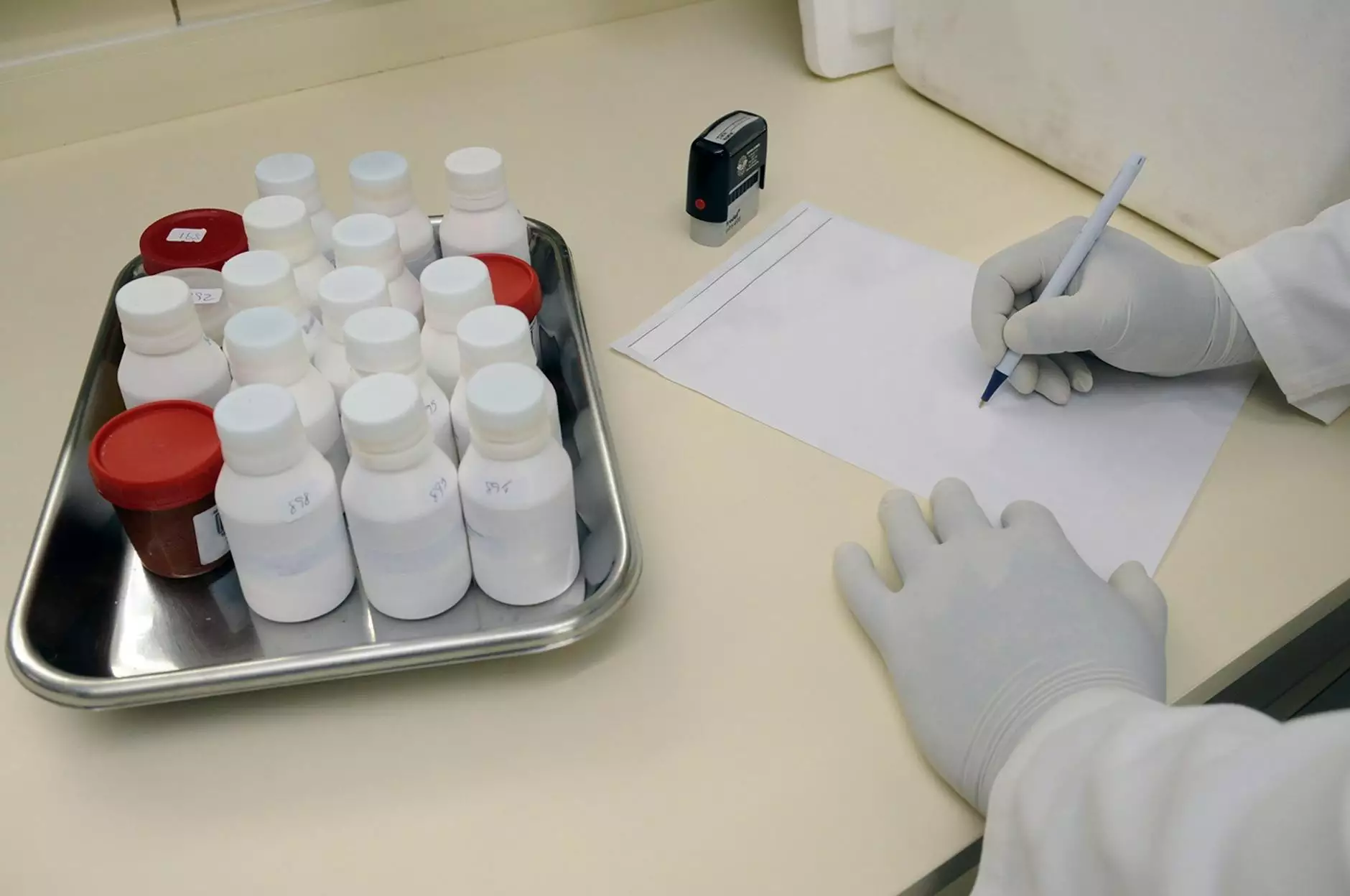Coding Medical Course: Elevating Your Career in the Healthcare Sector

The healthcare industry continues to evolve, driven by technological advancements and the increasing demand for precise and efficient patient care. As healthcare systems expand, the need for skilled professionals in medical coding has become critical. Enrolling in a coding medical course can significantly enhance your skills and pave the way for numerous career opportunities in this thriving field.
What is Medical Coding?
Medical coding is the process of converting medical diagnoses, procedures, medical services, and equipment into universal medical alphanumeric codes. These codes are then used for various purposes such as billing, insurance claims, and ensuring compliance with regulations. A firm understanding of medical coding is essential for maintaining the integrity of health data and facilitating accurate communication within the healthcare system.
Why Enroll in a Coding Medical Course?
The decision to enroll in a coding medical course can open doors to a multitude of benefits:
- In-Demand Skills: With a growing need for medical coders, obtaining specialized skills can enhance your employability.
- Job Security: The healthcare industry is one of the most stable job markets, providing a level of security for skilled professionals.
- Opportunities for Advancement: A certification in medical coding can lead to advanced roles within healthcare organizations, including management and consulting positions.
- Flexibility: Many coders have the option to work remotely, offering a flexible work-life balance.
What to Expect from a Coding Medical Course
A comprehensive coding medical course will cover several essential topics and provide students with the knowledge required to succeed in the field:
1. Understanding Medical Terminology
Students will learn key medical terminology, which is vital for interpreting medical records and documentation accurately.
2. Coding Systems
Courses typically cover the major coding systems used in the healthcare industry, including:
- ICD-10-CM: International Classification of Diseases, 10th Revision, Clinical Modification, used for diagnosing.
- CPT: Current Procedural Terminology, used for coding medical procedures.
- HCPCS: Healthcare Common Procedure Coding System, used for billing and reimbursement.
3. Medical Billing Basics
Students will gain insights into medical billing processes, ensuring a well-rounded understanding of the financial aspects of healthcare.
4. Compliance and Ethics
Understanding legal and ethical considerations in medical coding is crucial for maintaining patient confidentiality and adhering to regulations like HIPAA (Health Insurance Portability and Accountability Act).
Certifications and Career Opportunities
Upon completing a coding medical course, students often pursue industry-recognized certifications. These certifications can enhance your qualifications:
- AAPC Certified Professional Coder (CPC): Recognized nationwide, this certification qualifies you to work as a medical coder.
- AHIMA Certified Coding Specialist (CCS): Emphasizes your expertise in coding for both inpatient and outpatient service settings.
- As a Certified Billing and Coding Specialist (CBCS): This credential focuses on medical billing practices alongside coding.
Job Roles in Medical Coding
Completing a coding medical course allows graduates to pursue various job roles in the healthcare industry:
- Medical Coding Specialist: Responsible for assigning codes to medical records for billing purposes.
- Revenue Cycle Specialist: Focuses on managing the billing cycle and ensuring that providers receive appropriate reimbursement.
- Health Information Technician: Manages patient data and ensures accuracy and compliance.
- Medical Auditor: Reviews coding for accuracy and compliance with healthcare regulations.
How to Choose the Right Coding Medical Course
When considering enrolling in a coding medical course, it's essential to select a program that meets your needs. Here are some factors to consider:
- Accreditation: Ensure the program is accredited by a recognized authority to guarantee quality education.
- Curriculum: Review the course content to ensure it covers essential coding systems and practices.
- Flexible Learning Options: Look for programs that offer online courses, evening classes, or part-time study options to fit your lifestyle.
- Support Services: Research the availability of career services and job placement assistance post-completion of the course.
The Future of Medical Coding
The future of medical coding is aligned with the ongoing advancements in technology, particularly with electronic health records (EHR). As healthcare technology evolves, so does the role of medical coding professionals, requiring continual education and adaptation. The emergence of artificial intelligence and automation tools are set to influence the field, driving demand for advanced analytical skills and coding knowledge.
Conclusion
In conclusion, enrolling in a coding medical course is an essential step toward a rewarding career in the healthcare sector. It provides a strong foundation in the vital skills needed for medical coding, paving the way for a versatile and stable career path. With the right certification and knowledge, professionals in this field can contribute significantly to healthcare systems, ensuring accuracy, compliance, and ultimately enhancing patient care.
Whether you are considering a career switch or looking to enhance your existing qualifications, taking the leap to enroll in a coding course is a decision that can lead to substantial professional growth and success.









